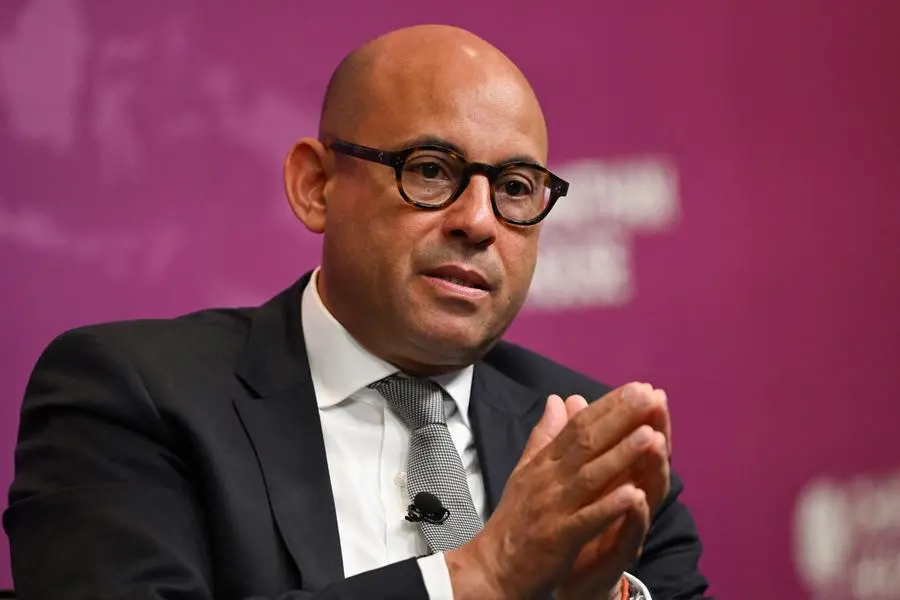PHOTO
UN climate chief Simon Stiell on Monday told G7 countries it was "utter nonsense" to claim they could not take bolder actions to tackle global warming.
The G7 is holding its first big political meeting on climate since the UN's annual negotiations in Dubai in November.
"I often hear in forums like this one that, 'we cannot possibly move too far forward, lest we predetermine the outcome of negotiations'" at the UN level, Stiell told environment ministers meeting in Turin.
"It is utter nonsense to claim the G7 cannot -- or should not -- lead the way on bolder climate actions," Stiell, who leads the United Nations climate change organisation, said.
The Group of Seven industrialised nations, including Canada, France, Germany, Italy, Japan, the UK and the US, is meeting in the northern Italian city for two days of environment and climate talks.
Stiell said there was "no reason" why the world's largest developed economies "cannot collaborate to make bolder strides", which would "boost what is possible within the global climate negotiations".
"G7 leading from the front -- particularly through much deeper emissions cuts, and bigger and better climate finance this year -- is not only entirely doable," he said. "It is essential, if we are to avoid a global economic disaster."
The 2015 Paris Agreement saw countries agree to cap global warming at "well below" 2C above preindustrial times -- with a safer limit of 1.5C if possible.
To keep the 1.5C limit in play, the UN's climate expert panel has said emissions need to be slashed almost in half this decade.
But they continue to rise, driven largely by the burning of fossil fuels.
Countries agreed in Dubai to triple global renewables capacity this decade and "transition away" from fossil fuels -- but the deal lacked important details on funding.
Who pays what has long been a sticking point, with poorer countries unable to foot the bill.
Stiell urged the G7 environment ministers to lean on their fellow finance ministers and treasurers to get them to see "a quantum leap in climate finance, as core business".
"'Challenging budget conditions' is not an acceptable excuse for failing to deliver substantial new public climate finance pledges," he said.





















